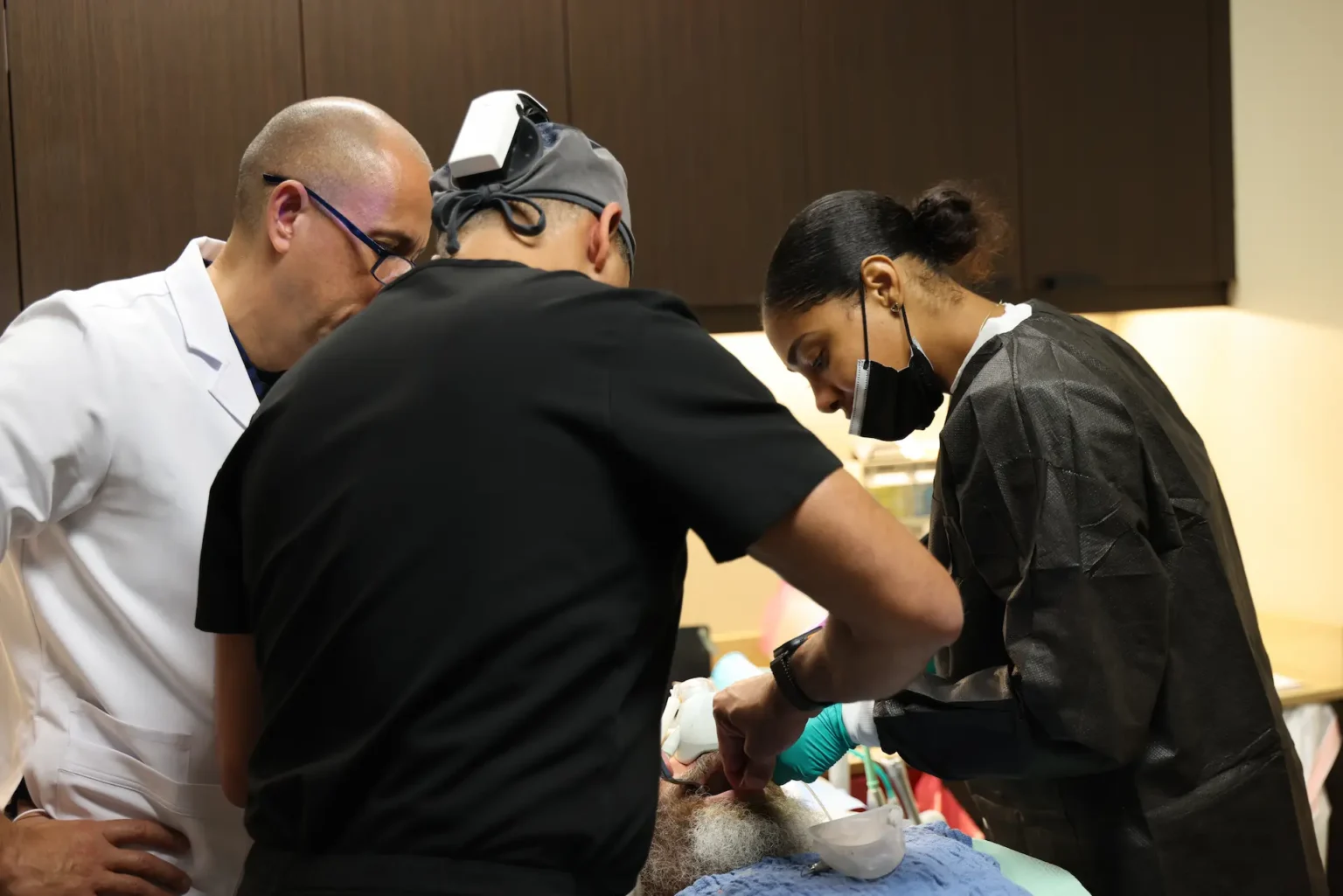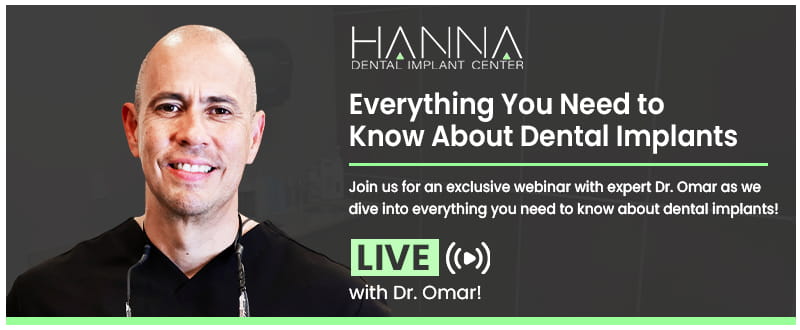Studies continue to show that losing teeth can trigger deep emotional distress, sometimes strong enough to affect overall mental health. Around the world, researchers have increasingly focused on this issue in recent years, highlighting just how personal and life-changing it can be.
In the past, many people simply accepted tooth loss as an unavoidable part of aging. Today, expectations are very different. Advances in dentistry mean most of us believe we should be able to keep our natural teeth for life. When that doesn’t happen, the disappointment and loss can feel overwhelming.
Let’s discuss the emotional weight of tooth loss and why it deserves more attention than it often receives.
Key Takeaways
- Tooth loss is not only an oral health issue; it can also impact confidence, social life, and overall well-being.
- Common causes include gum disease, tooth decay, poor oral hygiene, dietary habits, and certain medical conditions.
- Psychological effects range from reduced self-esteem to emotional distress and even social withdrawal.
- Modern tooth replacement options such as implants, bridges, and dentures can restore both function and peace of mind.
- Hanna Dental Implant Center offers advanced solutions with expert care, helping patients rebuild their smiles and regain confidence.
Feel like yourself again.
-
Get $350 free consultation & CT scan
Why Tooth Loss Happens
There are several reasons why someone might lose a tooth. Some are related to lifestyle, while others are tied to health conditions or the natural aging process. Common factors include:
- Eating and drinking too many sugary or acidic foods
- Smoking, alcohol, or recreational drug use
- Poor oral hygiene habits
- Gum disease
- Teeth grinding
- Certain medications
- Tooth decay
- Underlying medical conditions
At the heart of it, gum disease and poor hygiene are the leading drivers of tooth loss. Age can also play a role, as the risk of losing teeth increases significantly with age.
The Psychological Impact of Tooth Loss
Tooth loss is not just a physical concern; it also has significant emotional implications. It often brings a heavy emotional weight that many people don’t expect until it happens.
Losing even a single tooth can create a sense of embarrassment or make someone feel less like themselves. Over time, this can affect mental health and overall quality of life.
Some people experience ongoing stress, worry, or sadness about their appearance. Others avoid smiling or laughing freely in public, which slowly erodes their confidence. For many, the impact extends beyond appearance; it touches their identity, self-worth, and the way they interact with the world.
The Emotional Consequences of Tooth Loss
Studies show that patients often report feelings of embarrassment, shame, or sadness after losing one or more teeth. For some, it brings on a sense of aging too quickly, while for others, it feels like a loss of identity.
The emotional weight often builds slowly. At first, it might just be avoiding a smile in a photo. Later, it can grow into avoiding conversations or social situations altogether. The emotional strain can be just as challenging as the physical problem, shaping how someone perceives themselves and how they think others perceive them.
The Social Implications of Tooth Loss
Missing teeth often affect the way people interact with the world. Many avoid group settings, social events, or even casual conversations because they feel others might notice the gaps in their smile. This hesitation can gradually create distance from friends, family, and community.
The social withdrawal is not always intentional. It often begins with small decisions, such as declining an invitation to dinner or remaining quiet during a gathering. Over time, these choices may lead to isolation, which can deepen feelings of sadness and loneliness.
Options to Replace Missing Teeth
Living with missing teeth is not the end of the story. Modern dentistry offers several reliable treatments that can restore function and appearance. Each option has unique benefits, and the right choice depends on your health, goals, and budget.
Dental Implants
A dental implant is a small titanium or zirconia post placed into the jawbone to act like a natural tooth root. Once healed, it supports a crown that blends seamlessly with surrounding teeth. Implants are strong, long-lasting, and help prevent bone loss in the jaw. They are often the preferred solution for people missing one or several teeth.
Implant-Supported Bridges
When multiple teeth are missing in a row, an implant bridge may be recommended. Instead of relying on neighboring teeth for support, the bridge is anchored to dental implants. This provides stability, protects remaining teeth, and restores chewing ability.
Dentures
For patients missing many teeth, partial or full dentures can be an affordable and effective choice. Modern dentures are designed to look natural and fit comfortably. While they don’t protect against bone loss the way implants do, they can quickly restore a complete smile.
Full Arch Solutions (All-on-4)
For those who have lost most or all of their teeth, full arch implants offer a life-changing solution. With as few as four strategically placed implants, an entire set of teeth can be supported and restored. This offers a permanent and stable alternative to traditional dentures.
Replace Missing Teeth at Hanna Dental Implant Center
Replacing missing teeth is not just about restoring your smile; it’s about enhancing your overall well-being. It is about protecting your health, improving your confidence, and enjoying everyday life without limitations. At Hanna Dental Implant Center, our patients receive advanced care tailored to their unique needs.
We use state-of-the-art technology and advanced implant techniques to deliver predictable, lasting results. Whether it is a single implant, multiple implants, or a full arch solution, every treatment plan is designed with precision and care.
Most importantly, our team takes the time to understand each patient’s concerns and goals. This personal approach ensures that the outcome not only looks natural but also feels comfortable and supports long-term oral health.
Schedule a consultation with us now to get started.
Frequently Asked Questions
Why do missing teeth affect confidence and self-esteem?
Missing teeth change how your smile looks and can make speaking or eating feel uncomfortable. This often leads to self-consciousness, which directly impacts confidence and self-esteem.
Can tooth loss cause social anxiety?
Yes. Many people with missing teeth avoid taking photos, smiling, or even engaging in conversations. Over time, this hesitation can create or worsen social anxiety.
How can I feel like myself again after losing teeth?
Restoring your smile with implants, bridges, or dentures can bring back normal function and appearance. Combining treatment with support from your dentist helps you regain comfort and confidence in daily life.
Do replacement options help with emotional well-being?
Absolutely. Dental implants and other replacement solutions not only restore chewing and speech but also improve appearance. This helps patients feel whole again, boosting overall emotional well-being.
Is it normal to feel embarrassed about missing teeth?
Yes, it is very common. Tooth loss can make anyone feel vulnerable, but treatment options are available to restore your smile and ease the emotional burden.



